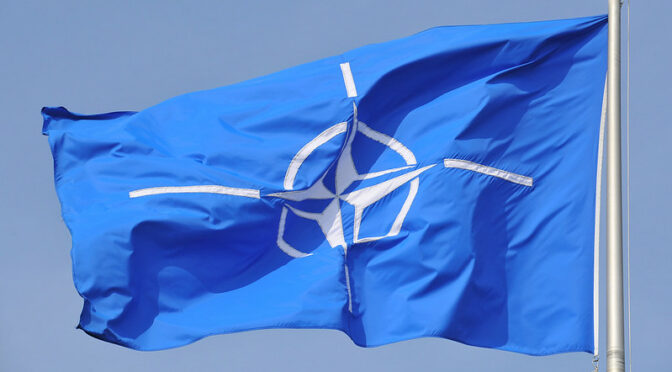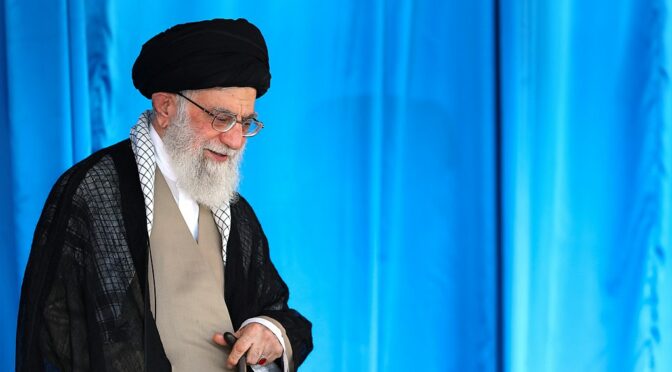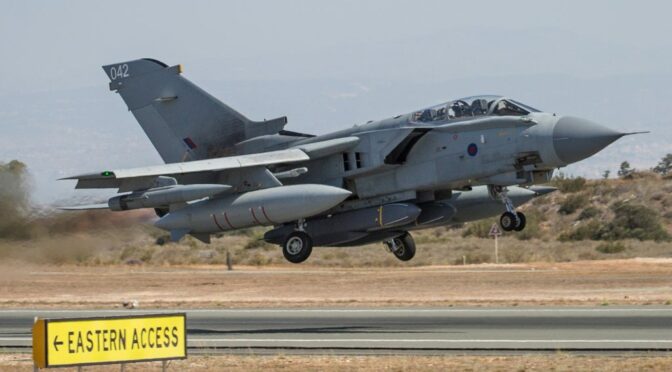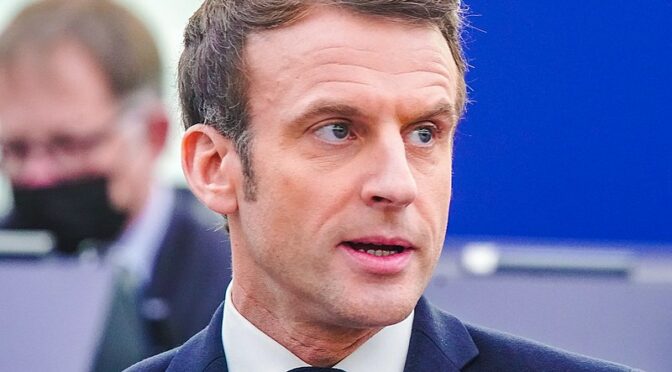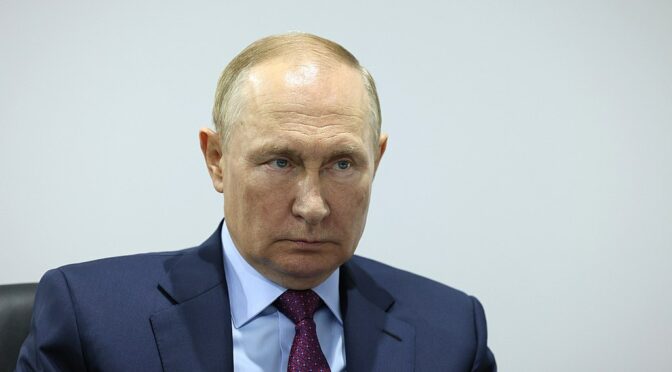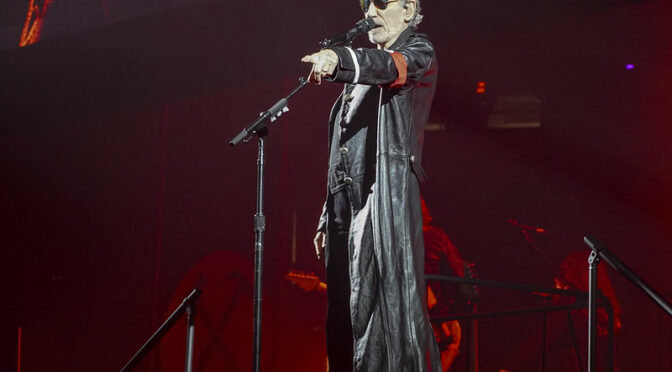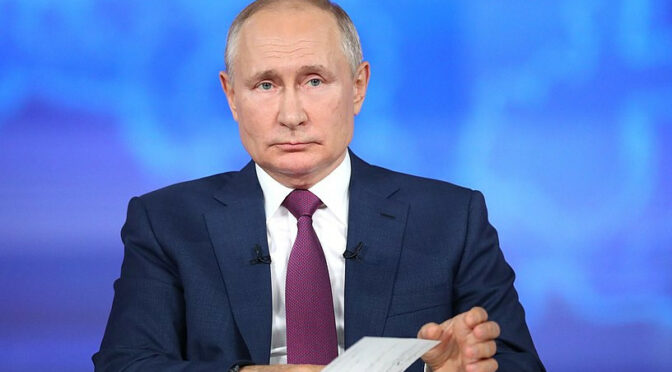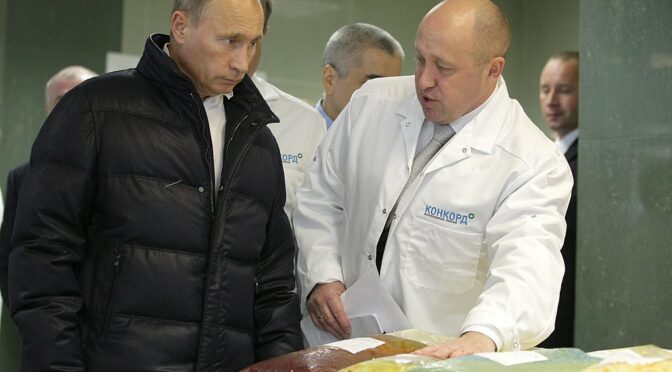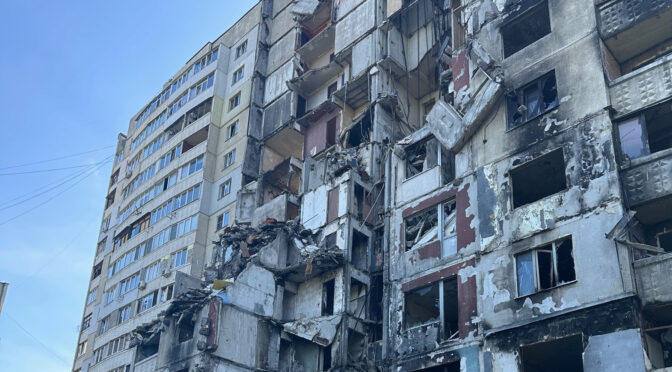Article published in The Sunday Telegraph, 24 June 2023. © Richard Kemp
Russia’s armed mutiny has come at the worst time for Putin and the best time for Kyiv, with Yevgeny Prigozhin dealing a devastating blow against Moscow’s ability to project itself on the front lines in Ukraine.
It isn’t just that the Kremlin’s authority is under fire, but that crucial military resources – such as the Rostov-on-Don headquarters of the Southern Military District, a critical logistics hub – are now on the verge of paralysis. The consequences for troops on the frontline will be severe. They may soon be without direction, either at a political or tactical level.
And even if somehow, the Russians are able to continue their logistical support to troops, the front has already been weakened by the departure of Wagner troops. The mercenary group, don’t forget, was perhaps the most effective element of the Russian army, having fielded one in four of Moscow’s ground forces in this war and delivering the only Russian victory in the last year, at Bakhmut.
To compound its problems in Ukraine, the Kremlin may in due course need to withdraw tens of thousands more troops from the front to deal with Wagner inside Russia. Putin will do everything possible to avoid that and to talk down Prigozhin without violence. He has already got General Sergei Surovikin, deputy commander of forces in Ukraine, to make a public appeal to reason.
Yet so far there have been few reports of Russian security forces clashing with Prigozhin’s troops, and there are even suggestions that some of them have surrendered to Wagner or switched sides.
That doesn not mean we won’t see violence between the two factions. The Kremlin has been trying to figure out what to do about Wagner for some time now, and Russian forces are not known for seizing the initiative without orders from above. If it comes to a crunch, the big question for Putin is, how will that play out among troops at the front, many of whom have fought side by side with Wagner?
Already, Prigozhin’s rhetoric has been inciting division between soldiers fighting in Ukraine, as well as the high command and Moscow’s elites. It is, as some have noted, the kind of alienation that contributed to the collapse of the Russian army in 1917. Now he has directly said the invasion was based on lies, denying Putin’s excuses that Ukraine and Nato represented a threat to Russia and that Kyiv had to be ‘de-nazified’ – it is a claim which will resonate with soldiers who are already questioning why they are being forced to fight and die for a cause they don’t understand.
Meanwhile, at this time of greatest Russian weakness, the Ukrainian armed forces remain poised for a major offensive. Probing attacks so Continue reading

